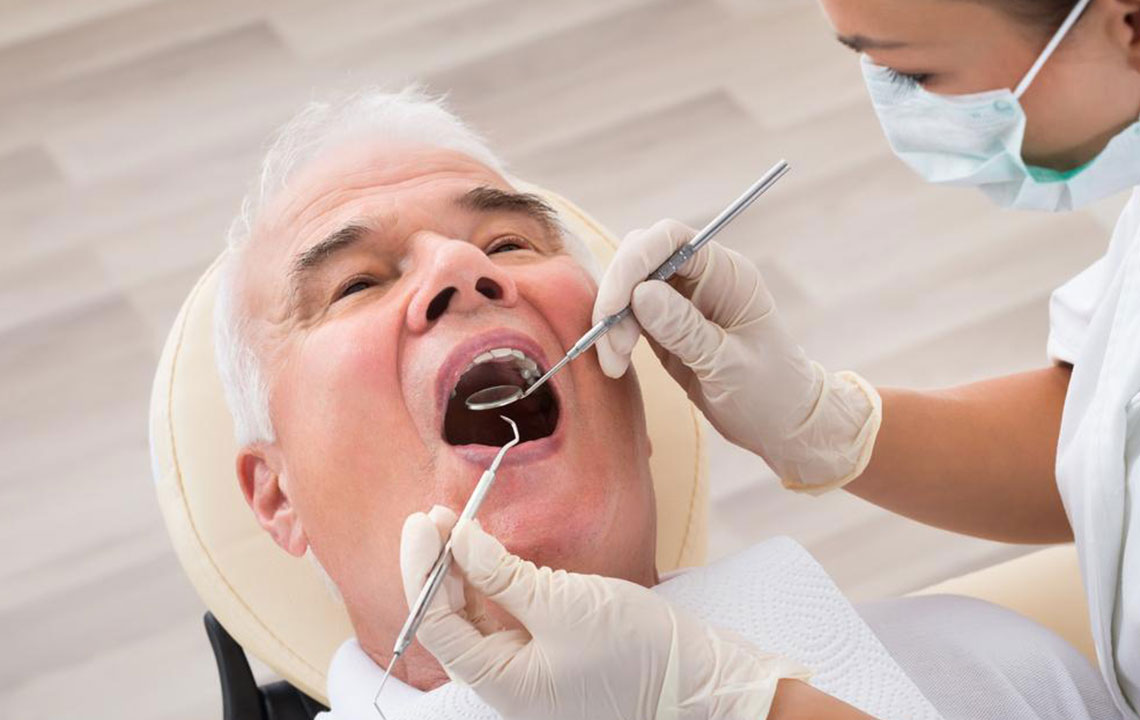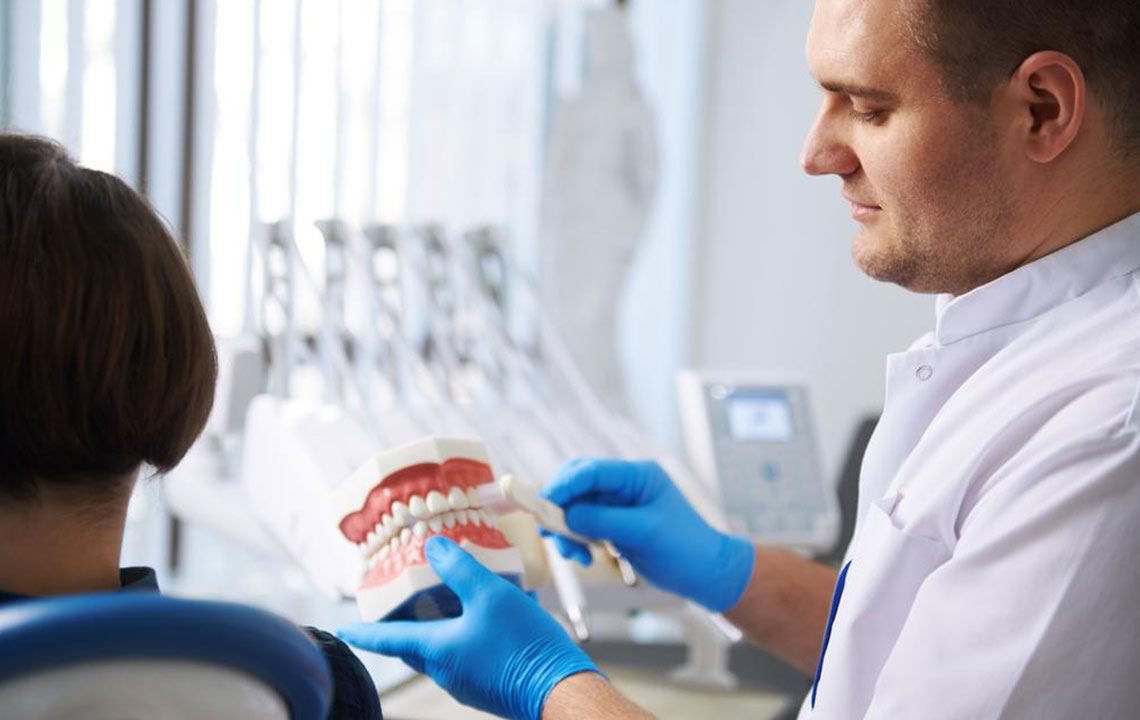Essential Reasons to Prioritize Your Dental Visits for Superior Oral Health
Regular dental visits are essential for maintaining optimal oral health, preventing issues like tooth pain, decay, fractures, and gum disease. Early detection and professional care can save your natural teeth and avoid complex treatments. Prioritize routine checkups to ensure a healthier smile and overall well-being, especially as you age. This comprehensive guide highlights the critical reasons why scheduling consistent dental appointments is vital for long-term oral health and confidence.

Essential Reasons to Prioritize Your Dental Visits for Superior Oral Health
Maintaining optimal oral health is a vital aspect of overall well-being, especially as we age. Many individuals overlook routine dental checkups until dental issues become severe, such as persistent tooth pain, gum problems, or complications with dental restorations. Regular visits to the dentist are crucial for early detection and prevention of oral health problems, ensuring you preserve your natural teeth and avoid complex treatments down the line. Typically, dental experts recommend scheduling at least two professional checkups annually, even when no symptoms are present. This proactive approach not only preserves your oral health but also contributes positively to your overall health, as oral health is closely linked to systemic conditions like heart disease and diabetes.
Understanding the Significance of Tooth Pain
One of the most common reasons for sudden dental visits is tooth pain. Such pain can stem from various underlying issues, often involving restorations like crowns or bridges. Over time, these dental workpieces can develop problems such as nerve infections, decay underneath fillings, or fractures, leading to intense discomfort. Notably, nerve infections in the teeth can cause persistent pain, sensitivity to hot or cold stimuli, and swelling. In many cases, root canal therapy becomes necessary to save the affected tooth. While over-the-counter medications can temporarily suppress pain, they do not treat the root cause. Therefore, consulting a dental professional promptly is vital to prevent further deterioration of the tooth structure or the spread of infection. Early intervention can often restore the tooth's health and prevent more invasive procedures in the future.
Addressing Tooth Decay before It Worsens
Tooth decay is a widespread problem that tends to accelerate with age due to factors like high sugar consumption, poor oral hygiene habits, and reduced saliva flow. Decay begins as acid-producing bacteria erode the tooth enamel, ultimately forming cavities if not addressed early. The best way to combat decay is through consistent oral hygiene practices, including brushing at least twice daily with fluoride toothpaste, flossing daily, and limiting sugary snacks and beverages. Additionally, incorporating a balanced diet and regular professional cleanings helps remove plaque buildup that harbors bacteria responsible for decay. When decay progresses beyond early stages, it may require fillings, crowns, or other restorative procedures. Timely dental assessments are essential in catching signs of decay early and applying minimal intervention, thereby preserving your natural teeth and avoiding more complex procedures.
Handling Chips and Fractures Effectively
As you age, teeth can weaken due to continuous wear, decay, or trauma, making them more susceptible to chips or fractures. A fractured tooth can cause pain, sensitivity, and sharp edges that may cut the tongue or cheek, leading to discomfort and increased risk of infection. While minor chips can sometimes be repaired with dental bonding, larger fractures often require crowns or even extractions. Prompt dental consultation ensures appropriate treatment to restore the tooth's structure and function. Additionally, addressing fractured teeth quickly can prevent injuries from sharp or jagged edges, such as cuts inside the mouth or ulcers. Prevention strategies include wearing mouthguards during sports and avoiding biting hard objects, but in case of damage, seek professional dental care immediately to avoid complications.
Gum Disease: Recognizing and Managing Gum Problems
Gum health is an integral aspect of overall oral well-being. With age, many individuals experience gum sensitivity, bleeding, and recession, which are early signs of gingivitis—the initial stage of gum disease. If neglected, gingivitis can progress to periodontitis, leading to loose teeth and even tooth loss. Regular dental visits are fundamental in detecting early signs of gum problems through clinical examinations and periodontal charting. Dentists may recommend professional cleanings, scaling, root planing, or advanced periodontal treatments to improve gum health. Additionally, maintaining good oral hygiene practices at home, quitting smoking, and managing systemic health conditions like diabetes can significantly improve gum health. Recognizing the importance of healthy gums ensures long-term oral health and prevents more serious complications that can jeopardize your dentition and overall health.
Many people only realize how vital healthy teeth are when faced with pain or tooth loss. Routine dental checkups are an essential part of maintaining oral health, preventing disease, and ensuring your smile remains healthy and confident for years to come.





